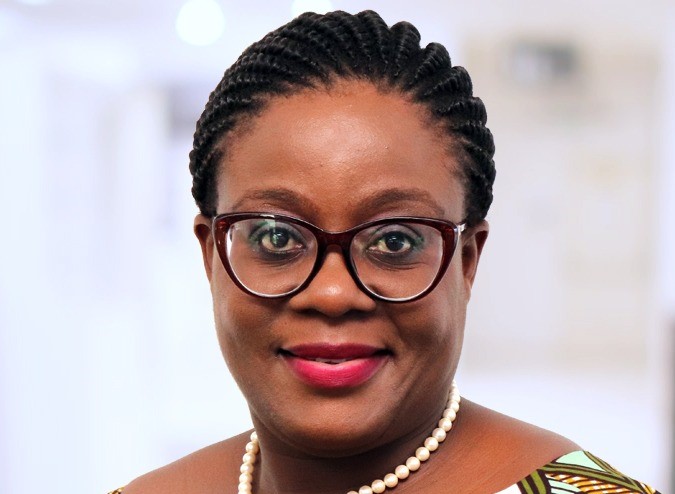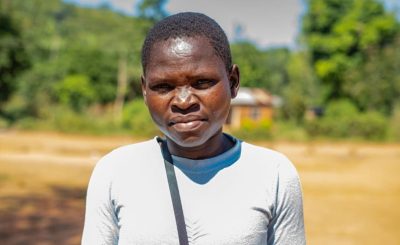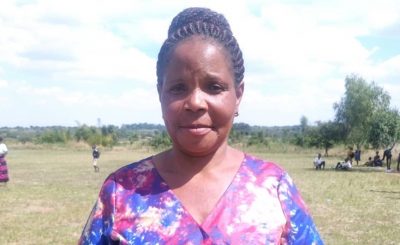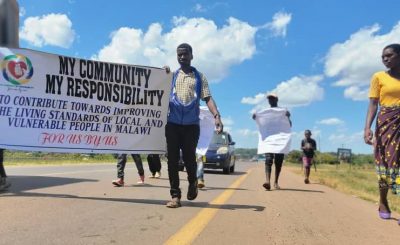Stakeholders championing for 50-50 representation of female Parliamentarians have called for a tripartite discussion towards galvanising coordination among relevant development partners.
The call has been made in Lilongwe during a review of a 2023-2028 draft strategic plan for the Parliamentary Women Caucus (PWC).
One of the stakeholders, Oxfam Malawi, noted that there is a lack of coordination among relevant authorities.
“We have recommended that the Ministry of Gender and the NGO Gender Coordination Network (NGO-GCN) should be conveners to support the tripartite discussion.
“If we had quarterly meetings where we would be able to talk to each other, be able to understand the pressing needs and support available, but because of the lack of that ongoing convening meeting, there seem to be some gaps,” said Lingalireni Mihowa, the country’s Oxfam Director.
The main objective of this Strategic Plan is to enable the PWC to develop a clear work plan and strategy to achieve its goals in the promotion of women’s rights agenda in Malawi enhancing its role in advocating for pro-women legislation in the Parliament of Malawi.
Additionally, the plan aims at strengthening partnerships between PWC and its relevant stakeholders working in the same field.
Concurring with the development partners, the Caucus’s executive member Eurita Ntiza Valeta said there is a need to engage further to address the shortfalls.
She said: “It’s true that there is need there should a coordination, and one day, we are planning that there should be a meeting with ministry of gender, PWC, and these development partners.
“I think through discussions and each and every stakeholder should bring the challenges that are on the ground because there might be challenges that are causing all of these differences so I think when we come together, possibly we will bring a solution.”
Currently, the Malawi National Assembly has a total of 40 female lawmakers.
The strategy will serve four key result areas as women’s political participation, women’s economic empowerment, girls’ education, and gender-based violence (GBV).





